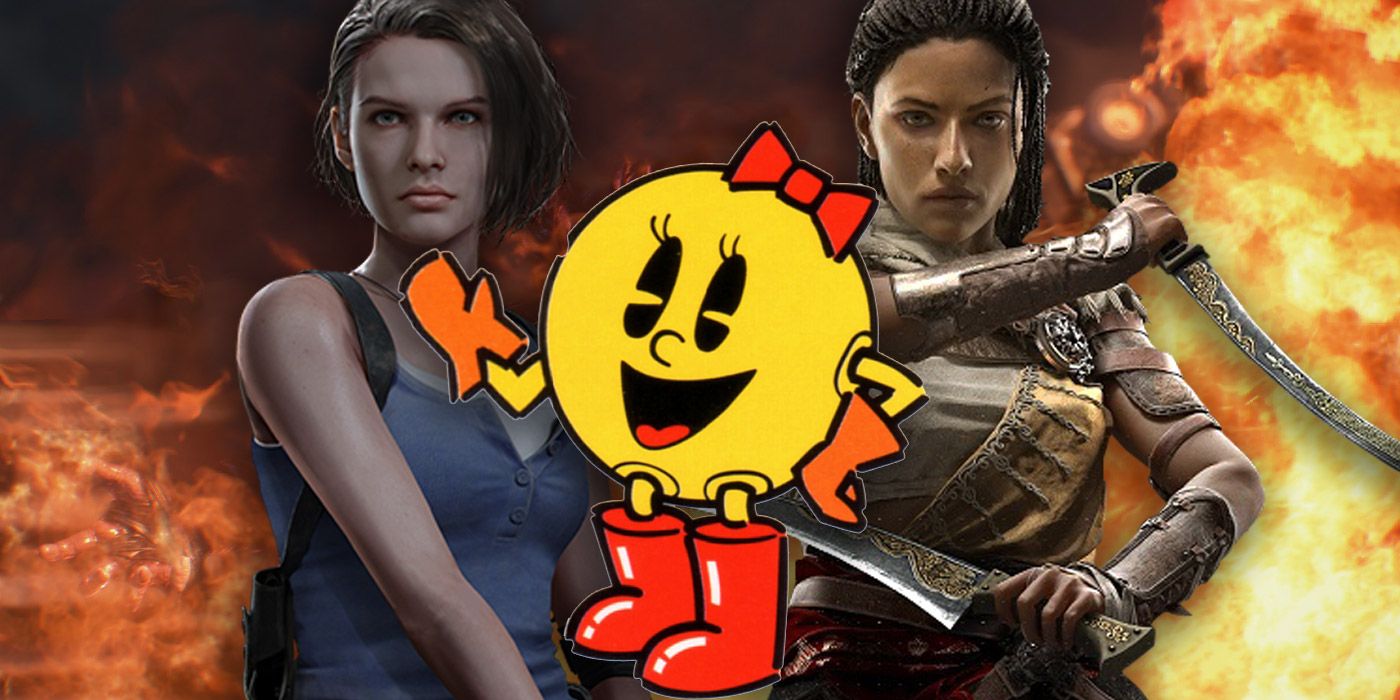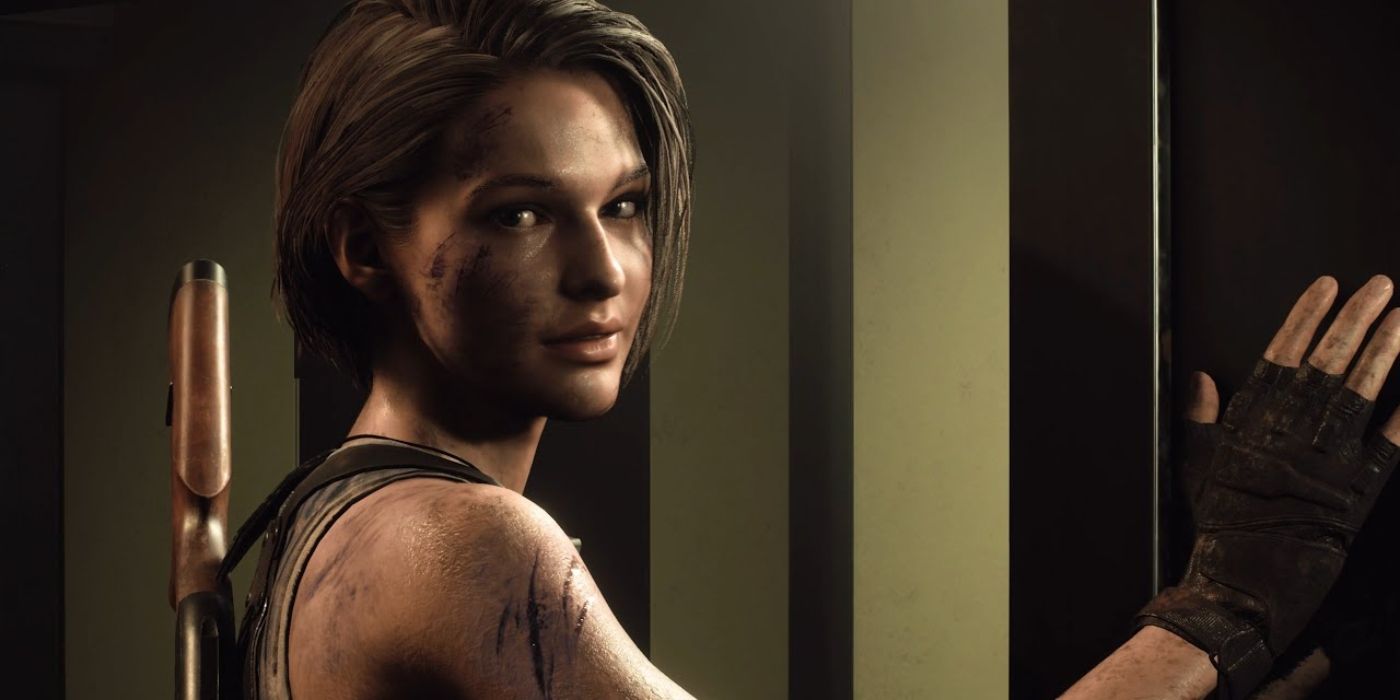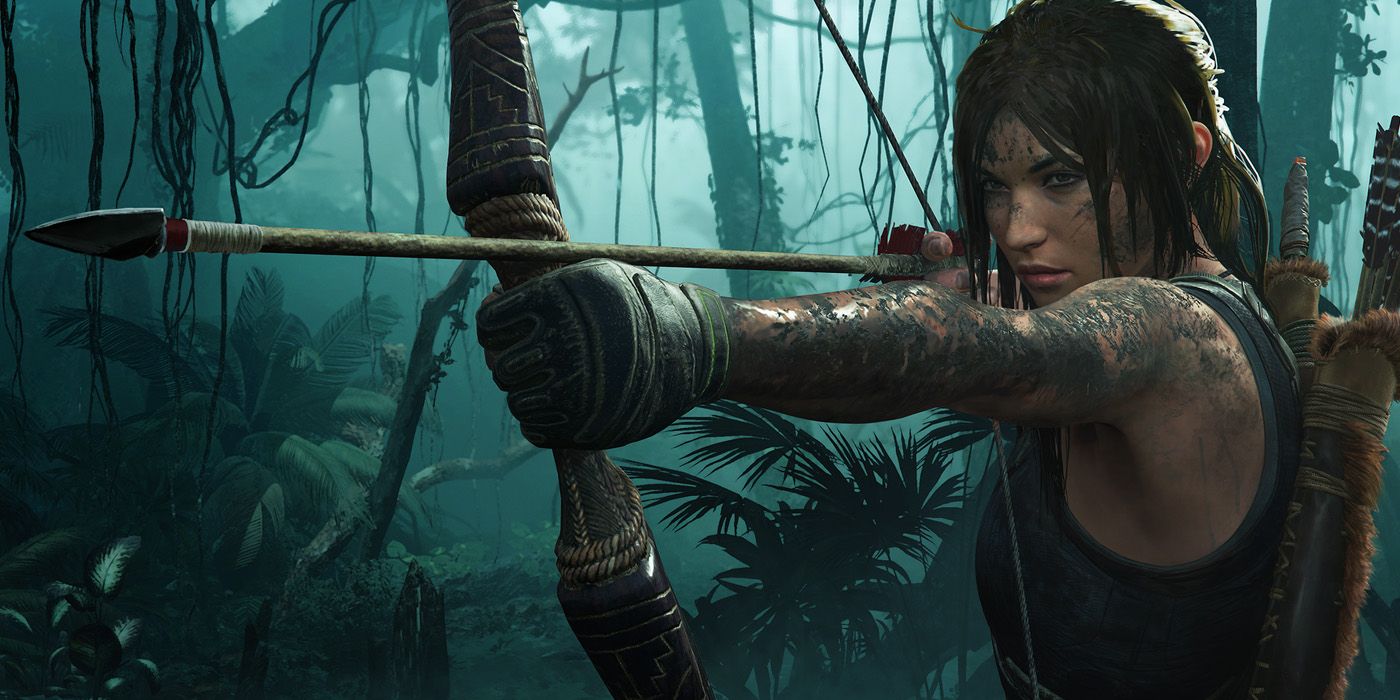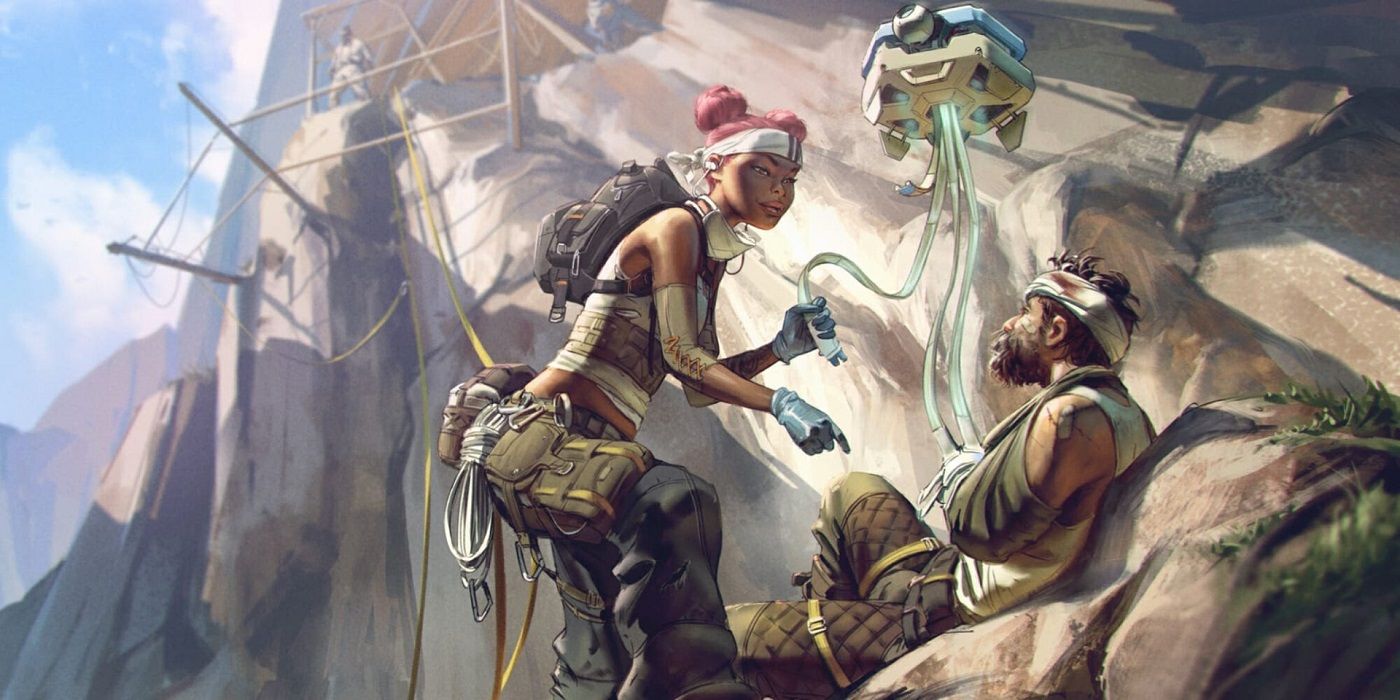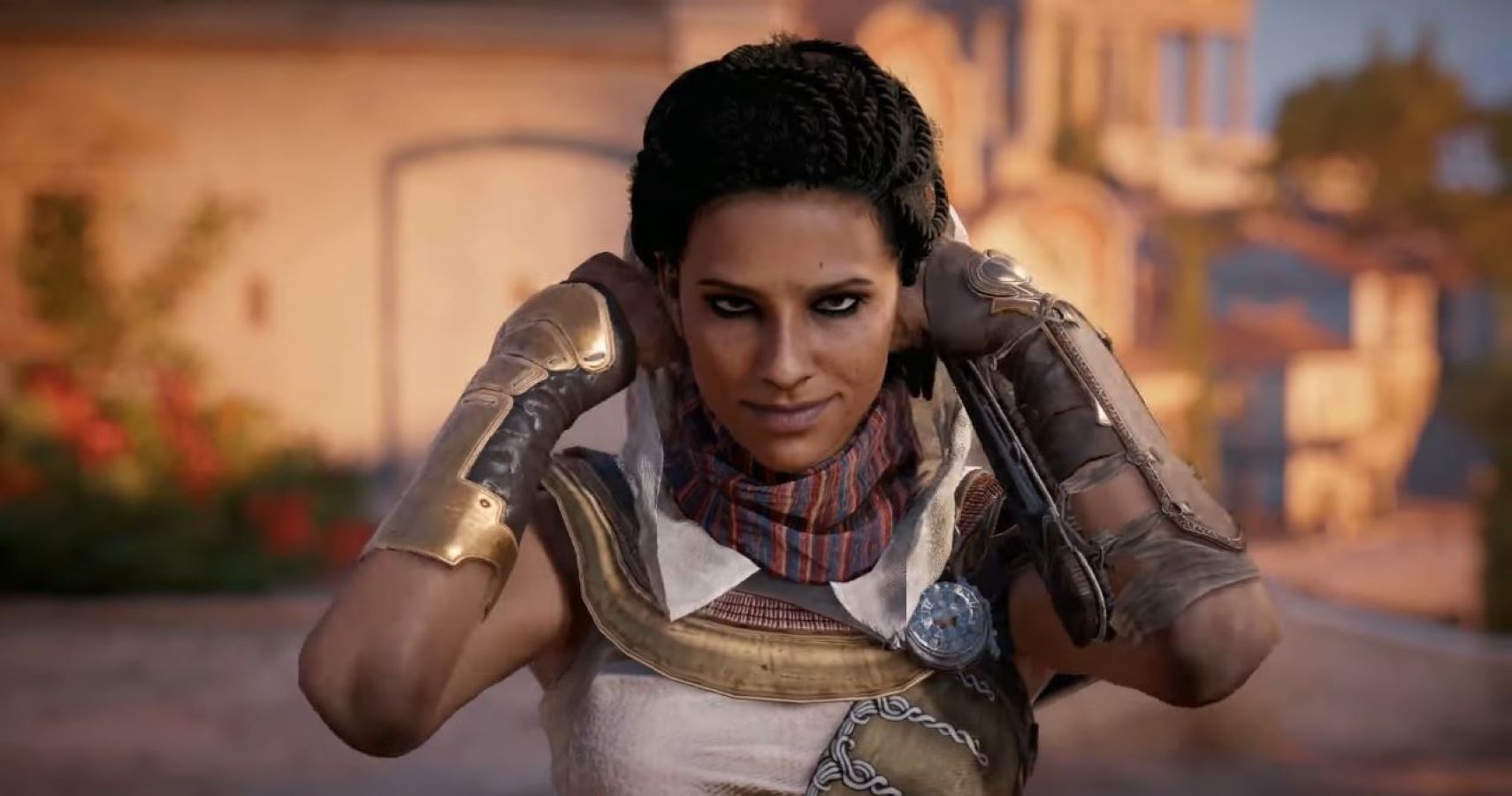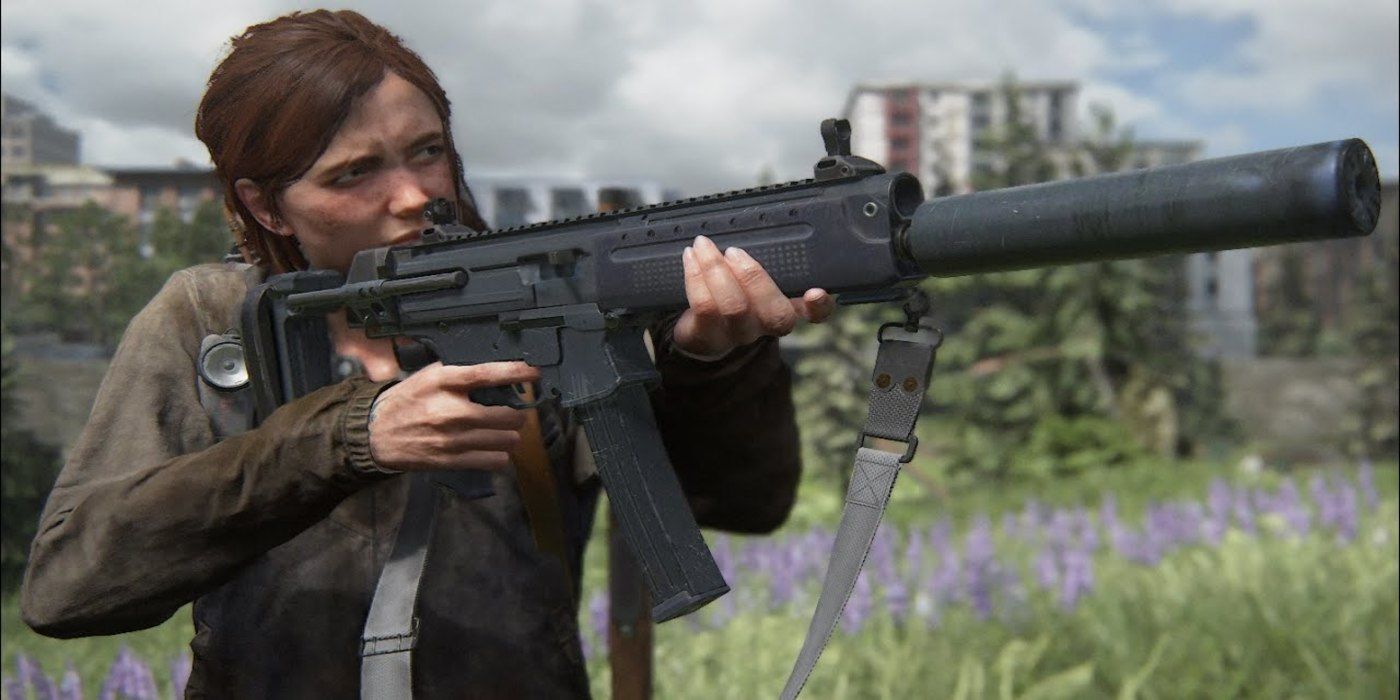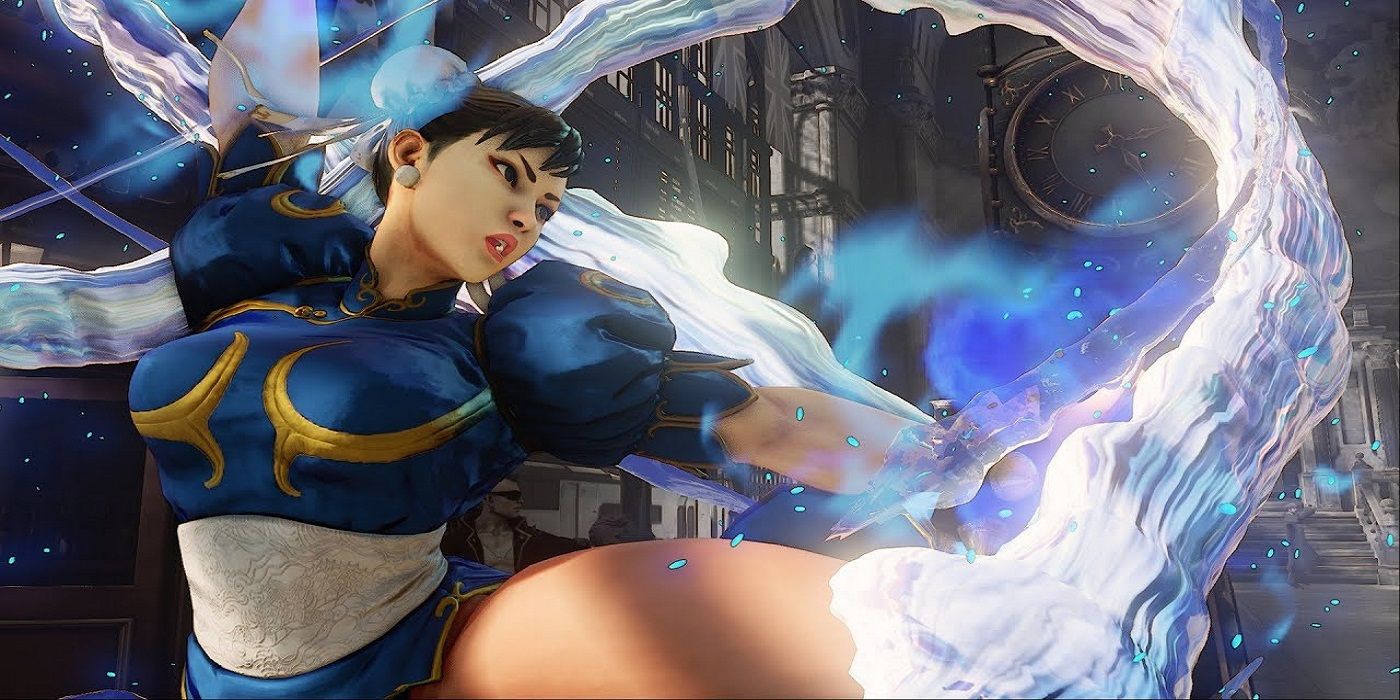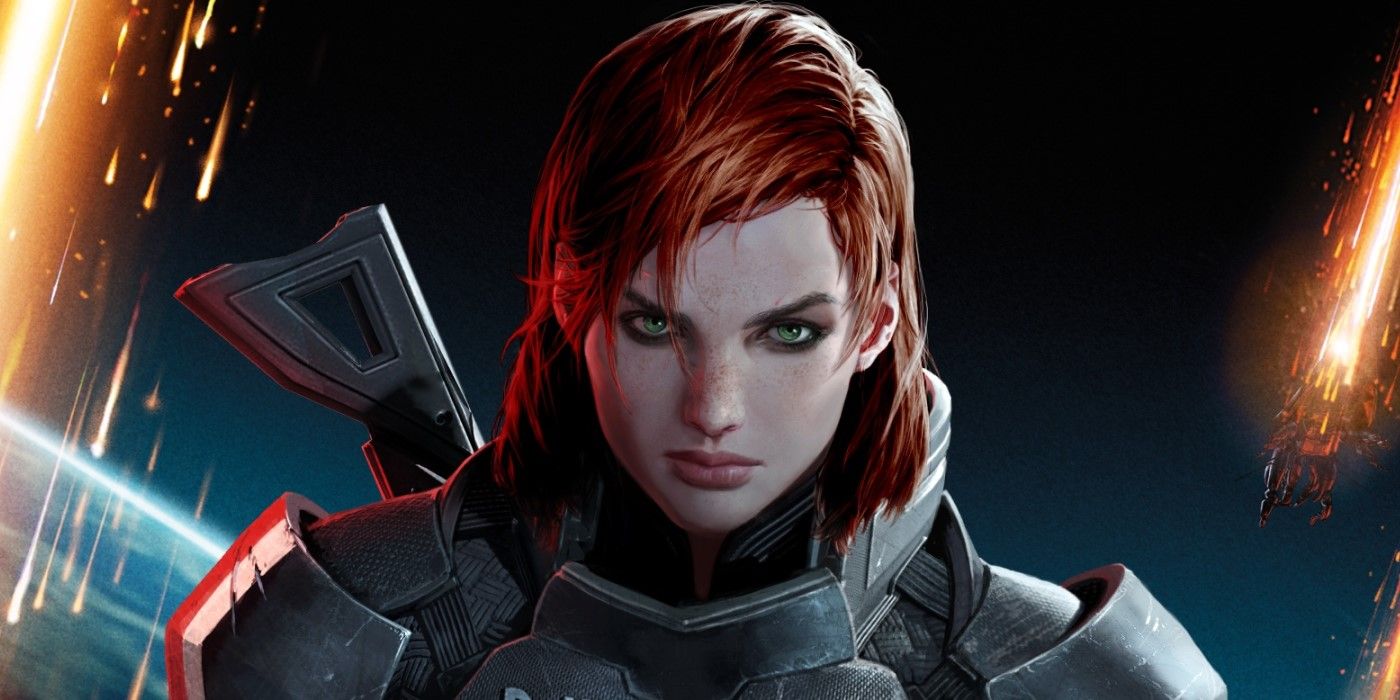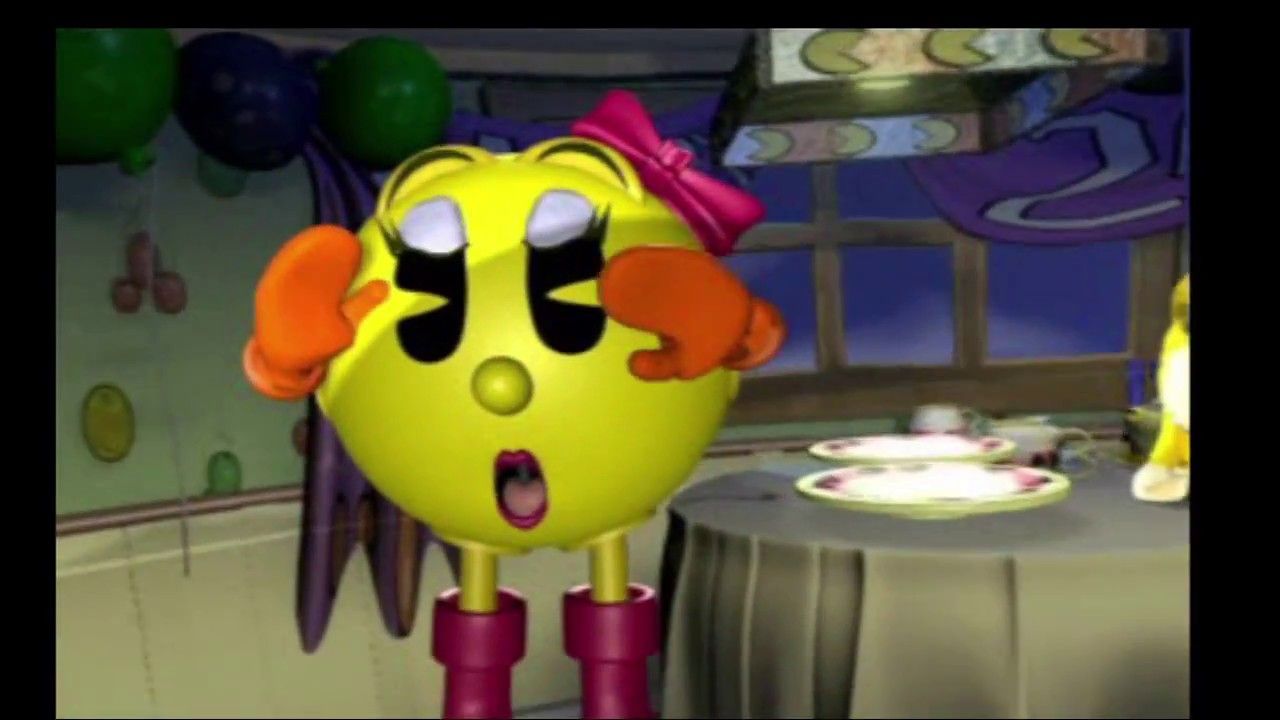March 8 has been International Women’s Day since the year 1913. International Women’s Day (IWD) is a time to celebrate the contributions women have made, but also acknowledge how much more work there is to be done until true equity is reached. According to the IWD website, March 8 is a day to celebrate the accomplishments of women as well as bring attention to the fight for equality, advocate and fight for gender parity, and even fundraise for female-focused charities. It’s a day of celebration and a call to action to continue the fight for women’s equality.
March 8 tends to focus on real-life female heroes more than fictional ones, but there are a few fictional women who have paved the way for women in video games. Representation is important, and these women show how crucial it is to be inclusive in gaming. Some characters have been around for years, while others are more recent, but they all have one thing uniting them - how their existence plays a larger role in fighting for equality for female representation in video games.
Jill Valentine
Jill Valentine is one of the playable protagonists in Resident Evil and was the first-ever playable female character in a survival horror game. She made it onto the 2011 “Top 50 Video Game Characters of All Time” Guinness World Records, and her 1996 design was continually praised for not being overly sexual. Oversexualization is a common problem in the video game industry when it comes to designing women, so Jill Valentine’s initial outfit design was a refreshing change of pace. Unfortunately, Capcom had a misstep in her later outfit designs for making them too sexual, but corrected the errors in later games.
Lara Croft
Lara Croft is the sole protagonist of the Tomb Raider franchise and has been a trailblazer for female representation in video games since 1996. She’s a strong female character who was originally designed to be sexy “because of her power,” but she’s been regarded as sex symbol for a long time in the video game industry. While she’s paved the way for strong female characters in gaming, some of her games have also introduced unrealistic expectations of the female body, both in the eyes of female and male gamers. The 2013 Tomb Raider reboot seemed to scale everything back, making her body and outfits more realistic and less sexual.
Lifeline
Lifeline is a character included in the Apex Legends base game. Lifeline is an important entry into the female gaming sphere because, unlike a game like Overwatch, Lifeline is a Black female protagonist that’s available from the start of the game. Despite being out since 2015, Overwatch still does not have a playable Black female character; Sojourn, whenever she releases, will be an important character for representation. Lifeline’s real name is Ajay Che and her character design makes sense without being overly sexual. She’s also not the only Black female on the Apex Legends starting roster, as she was joined by Bangalore.
Aya
The Assassin’s Creed community has gone through an immense amount of turmoil in regards to Ubisoft’s treatment of women both on and off screen. The treatment of Aya in Assassin’s Creed Origins seemed to be the tipping point for a lot of things to come to light, including the admission that Aya’s character was diminished over the course of the game’s development. Aya was a powerful fighter and Assassin and was meant to be the sole protagonist of Origins, yet players only get a disjointed understanding of the founder of the Hidden Ones. Aya deserved better and may not have gotten her fair share in Origins, but her treatment has become the face of things needing to change in regards to Assassin’s Creed.
Ellie
Ellie is a main character in The Last of Us and the playable protagonist of The Last of Us 2, which only debuted in 2020. Despite the sequel’s controversy, there’s no denying Ellie’s place in video games and how her character has shown growth in the industry. Ellie is a young girl who is wise beyond her years without being over-sexualized and has believable romances that don’t seem forced or out of place. The decision to make Ellie an out gay character is important in terms of both representation of female characters as well as LGBT+ representation, which will hopefully echo for years to come in the video game industry.
Chun-Li
Chun-Li made her debut in Street Fighter 2: The World Warrior in 1991 as the first playable female character in a fighting game with mainstream recognition. Much like Lara Croft, Chun-Li is both heralded for her fighting skills and regarded as a video game sex symbol. Chun-Li is widely regarded as one of the most popular characters in the Street Fighter franchise, but it’s important to remember that although she has an aesthetically pleasing design, she’s still a fighter and could pummel anyone in battle.
Female Commander Shepard
The Mass Effect franchise hasn’t always been known for its representation, but there’s something to be said regarding the fact players can choose to play as male or female Commander Shepard throughout the original trilogy of games. For many players, female Shepard is their Commander of choice, regardless of their gender in real life. Female Shepard was often left out of the original marketing when the games first released, which is why it was such a big deal that Mass Effect Legendary Edition showcased her front and center in the reveal trailer.
Ms. Pac-Man
Released in 1982, Ms. Pac-Man was the sequel to Pac-Man and consistently performed better than the original game in almost every way. Players control Ms. Pac-Man to consume the pellets and avoid four ghosts throughout the maze, which doesn’t differ much from the original Pac-Man game. However, Ms. Pac-Man is consistently lauded as one of the greatest video games of all time as well as one of the most successful arcade games created. With all this in mind, it’s no wonder Ms. Pac-Man is one of the female characters that helped shape and change the video game industry.
IWD is a time for celebration and looking toward the future. Equality cannot and will not happen overnight, and there’s still a lot of work to be done in the video game industry and beyond. Celebrate women (both real and fictional) and then figure out how to best help in the fight for equality and gender parity.
International Women’s Day happens every year on March 8.

